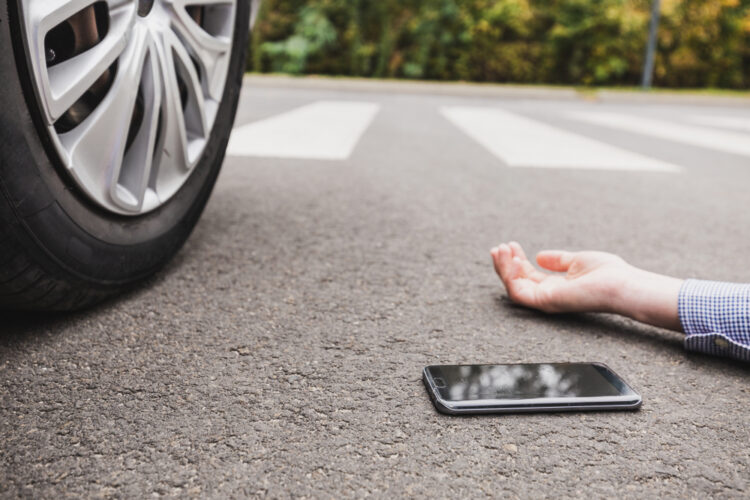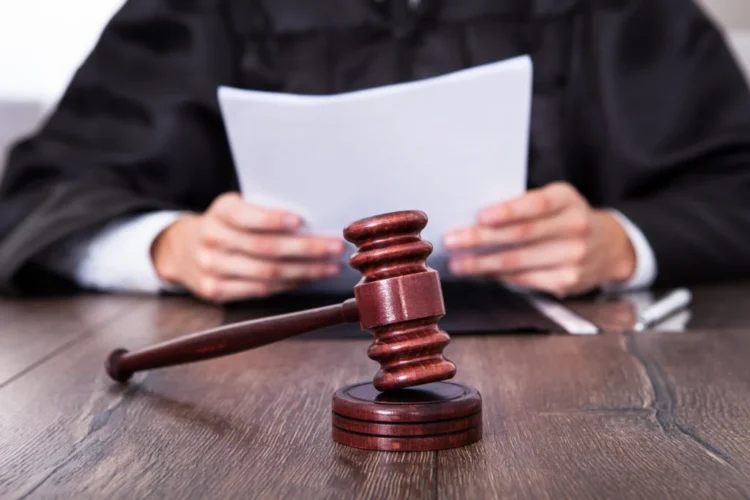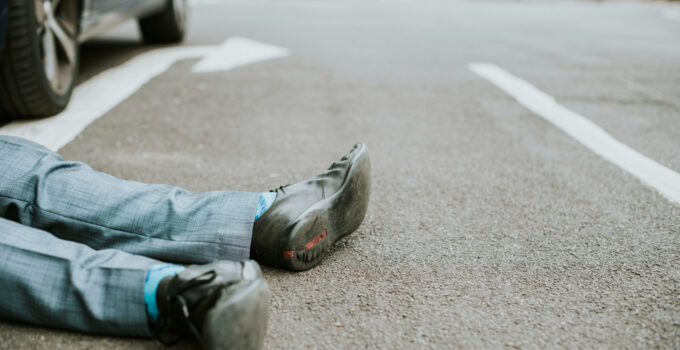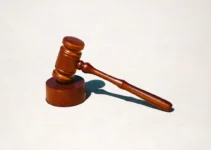Accidents can be horrifying. Any kind of accident will be scary. It might feel like you were reborn after being in an accident that almost took your life. Now imagine being hit by a car when you are walking. Pedestrian accidents can be scary and fatal. The chances you will survive are very slim when involved in a pedestrian accident.
If you or a loved one has been involved in a pedestrian accident, it is important to take the necessary steps to ensure that your claim has the best possible chance of being successful. This includes gathering evidence at the scene of the accident, seeking medical attention as soon as possible, and retaining an experienced lawyer who can help guide you through the legal process. Winning a pedestrian accident claim requires careful planning and a thorough understanding of the legal process.
Hiring a lawyer for a pedestrian accident is the first step toward success. A pedestrian accident case will be hard to win. Not only pedestrian accident cases winning a personal injury case is not an easy task. You need to have a lawyer by your side to have any chances of winning the case. Remember, you are not a professional when it comes to law. Let the professionals handle the case. In addition, your health might not be in the best condition after an accident. So, you can let a lawyer take care of the case and give some much-needed rest to your body.
In a personal injury case like a pedestrian accident, the plaintiff needs to satisfy the four elements of personal injury law. The following are the four elements of personal injury law:
- Duty of Care
- Breach of Duty
- Causation
- Damages
Page Contents
Steps a Lawyer Should Take to Win a Pedestrian Accident Case

Source: mdswlegal.com
A skilled lawyer will make sure to take some necessary steps to win a case. Only by following these steps can a lawyer win your case. Here are key steps that every lawyer should take to maximize their chances of success:
- Gather Evidence
- Determine Causation
- Calculate Damages
- Negotiate with the Insurance Company
- Prepare for Trial
- Take the case to trial
1. Gathering Evidence
Remember, in a personal injury case, the plaintiff bears the burden of proof. It is your responsibility to prove that the defendant is guilty of the crime. Without evidence, it will be your words against the defendant’s word. A judge or jury will not rule in favor of you without proof.
Evidence can help to prove who is at fault for the accident. This includes taking pictures of the accident scene, getting the contact information of any witnesses, and preserving any security footage that may have captured the accident. The lawyer will determine the strength of the evidence and how it can be used to build a strong case.
2. Determine Causation

Source: anselmiller.com
The lawyer must go through the gathered evidence and determine the primary cause of the accident. This requires a thorough investigation into the cause of the accident and proving whether or not the other party acted negligently. You can learn more about filing lawsuits for road accidents caused by negligence, such as hit-and-runs and pedestrian accidents, by visiting platforms like VarnerFaddis.com.
A lawyer must be able to prove that the injuries you suffered are caused by the accident the defendant caused. The injuries you already have will not be taken into account. You will receive compensation only for the injuries you can prove that were caused by the accident.
3. Calculate Damages
Calculating damages is where every plaintiff will struggle. If the plaintiff fails to calculate the exact amount of damages, they will receive lower compensation. A lawyer can help by calculating damages exactly. You can trust a lawyer to calculate accurately since they have experience in calculating damages.
When calculating damages, the lawyer will first look at the compensatory damages. This includes the victim’s medical expenses, lost wages, and property damage. In some cases, it may also be possible to seek punitive damages. The lawyer will then put a dollar value on each of these losses and add them up to get the total compensatory damages. If the victim has suffered non-economic losses, such as pain and suffering, the lawyer will also calculate those damages.
4. Negotiate with Insurance Companies

Source: hm-attorneys.com
Never speak with the insurance company without the presence of your lawyer. The insurance company will twist your words against you. The insurance company will try to pin the accident on you. They will try to avoid paying you in any way possible.
The lawyer will negotiate with the insurance companies on behalf of the client. The goal is to reach a fair settlement covering all your damages. Insurance companies are often reluctant to pay out large settlements. The lawyer may file a lawsuit if an agreement cannot be reached.
5. Prepare for Trial
The lawyer will need to be prepared for trial if the case does not settle. This includes documenting the collected evidence, developing a strong legal argument, and summoning witnesses. The lawyer will also need to file all of the necessary legal documents and motions. The lawyer should prepare the client by reviewing what to expect during the trial.
6. Take the Case to Trial

Source: lambergoodnow.com
If the plaintiff and defendant fail to reach an agreement, the case will go to trial. In a trial, the juries will have the final say. For a jury to rule in favour of you, you need to prove the four elements of the personal injury case.
The lawyer will present the evidence and argument to the jury if the case goes to trial. The goal is to prove the other party was at fault for the accident, and the client is entitled to compensation for their injuries.
By following these steps, every lawyer can give their pedestrian accident claim the best chance of success. Each case is different and will require a unique approach. An experienced lawyer can navigate the legal process and fight for the best possible outcome for their client. If you ever got injured in an accident, hire a lawyer to maximize your chances of winning the case.





